The Zoning Advisory Committee’s meeting Monday night focused on the town’s solar bylaw and what strategies the ZAC could use to develop a more comprehensive plan to limit commercial ground-mounted solar arrays.
Town counsel previously warned that any substantial changes that restrict solar could fall within the state’s definition of “unreasonably regulate” and open up the town to a legal challenge. However, principal planner John Gelcich said, “More recent information regarding solar bylaws in other Massachusetts towns has us reconsidering. We have asked town counsel for clarification.”
Concerns about lawsuits was an overriding theme throughout the discussion. The town already lost a lawsuit two years ago after the Planning Board denied a solar farm off Wilson Street. And the town currently is being sued by two residents after the Planning Board awarded a special permit to a company to construct a solar array in the woods off Frankland Road (the former Liberty Mutual Property).
“We have to when we finish the whole thing be careful not to go too far one way and then just dare somebody to sue us, because suits are very expensive,” ZAC member John Coutinho said. “And it just seems whenever we get sued as a town we lose. They get very, very expensive. … We have to really walk that fine line as to not look like we’re begging for a lawsuit, because they do get expensive. So towards the end let’s just run through it one more time through town counsel and through [Gelcich] to make sure that we’re not overstepping our bounds.”
Gelcich spelled out the guidelines for the committee, although they left plenty of room for interpretation.
“Any changes, whether it be setbacks, percentage coverage, slopes — anything that would restrict solar different than what’s currently there — needs to pass the test of whether that change protects the public health, safety or welfare. That’s really it,” Gelcich said. “That’s what any court case is going to be decided on. That’s what town counsel’s advice is going to be based on any type of change that’s brought before them. They said that’s the first step and really the only step that needs to be evaluated. … It needs to have a strong defense for that.”
The term “welfare” sparked some discussion.
“Public health and safety, you can reasonably assume what those mean. The welfare or the well-being, it’s tough,” Gelcich said. “Because there really haven’t been any court cases that have given precedent for that as we can understand.”
ZAC member Ted Barker-Hook noted that the term “welfare” is used in other zoning bylaws.
“I know that we are concerned about protecting private property rights, and I know we don’t want to get sued because whether you win or lose it costs money,” he said. “But every zoning law we have impinges on private property rights. Every single one. That’s the whole point of zoning.”
Added Barker-Hook: “I don’t want to get sued. I don’t want to overly burden property rights. But I don’t want to be terrified of a lawsuit when all zoning impinges on private property rights, and all zoning has the same squishy language.”
ZAC chair Mary Larson-Marlowe took the group through a list of items, including lot criteria (size, setbacks, grade, etc.), screening and stormwater management, and addressed the viability of a solar overlay map.
“This is something that we are going to go through point by point over the next however many meetings we need to to get through this solar bylaw and deliver something back to Planning Board by the end of the year or early January, unless we hear different for the timeline,” she said.
The committee also needs to keep in mind that any changes need to pass at Town Meeting, and a few members expressed the feeling that a simpler plan would be better received.
“I think the more detailed we make this, the more nits there are to pick and the harder it is for things to pass,” Barker-Hook said. “It needs to be some sort of simple messaging at the end of this. Otherwise it’s going to sink, and over a year of our work is going to be flushed away. So there has to be some sort of marketing that we think about as well. What is understandable/sellable.”
Member Ria McNamara made it clear she is adamantly opposed to any more large solar developments in town.
“I don’t think that we need any more of them,” she said. “I think we should find a way to restrict it, whether it is a percentage of the lot or the size of the lot. Quite frankly, I’ve been studying sustainable lifestyle stuff for nine years now, and this is definitely not the route to go.”
ZAC’s next meeting is Nov. 23.


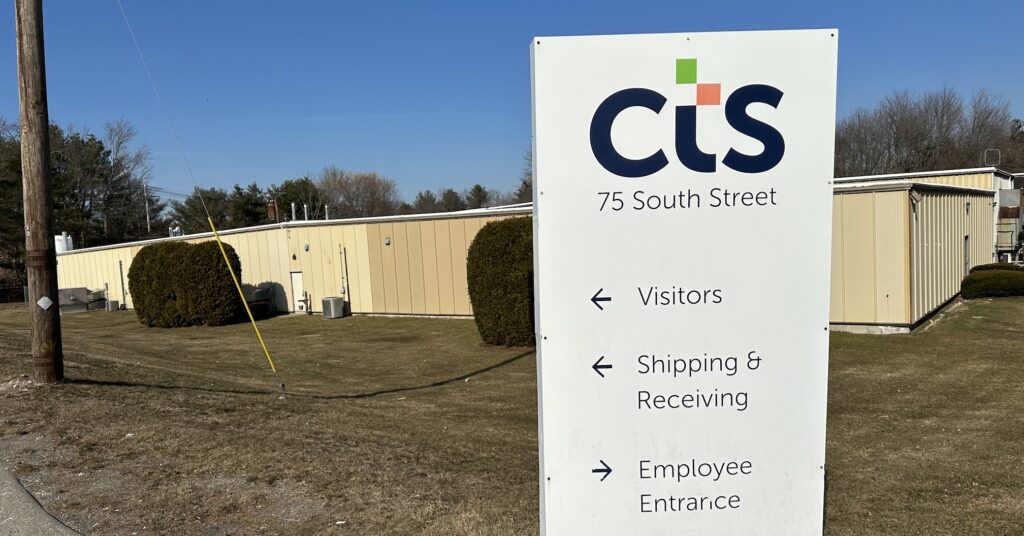
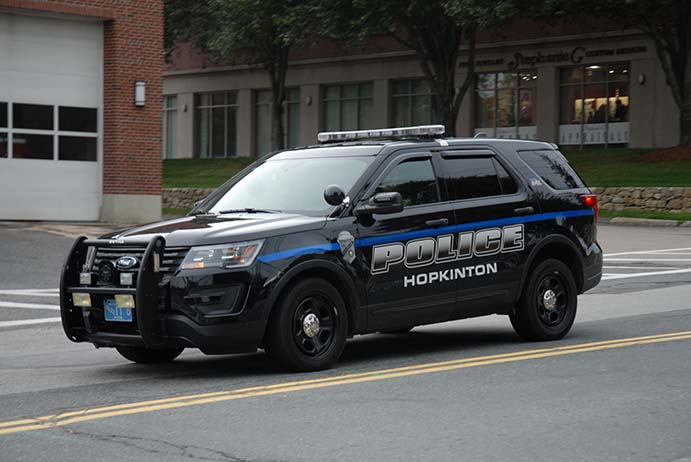

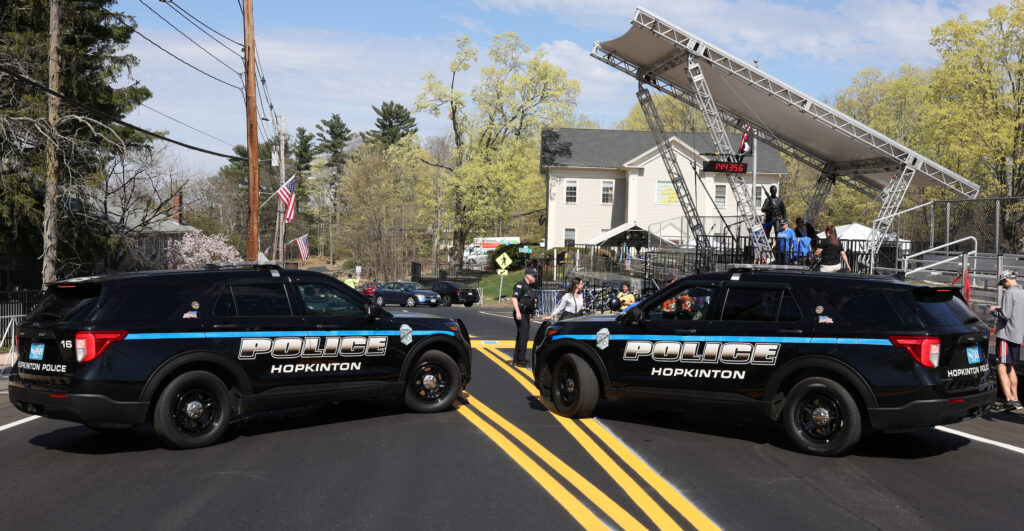
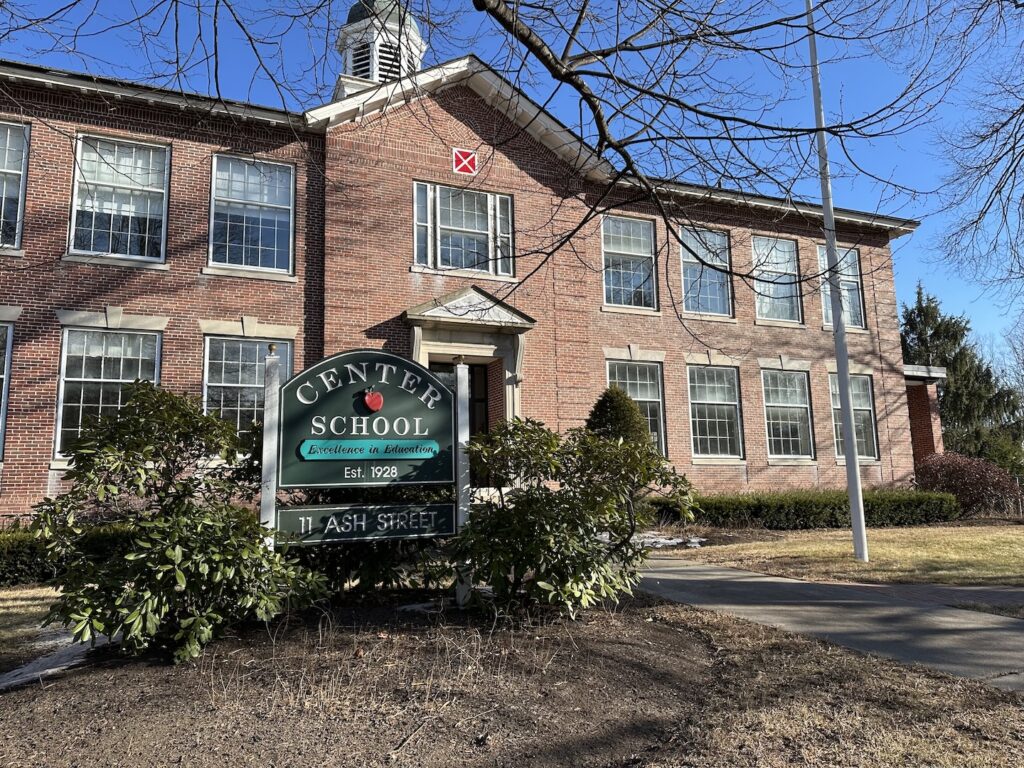
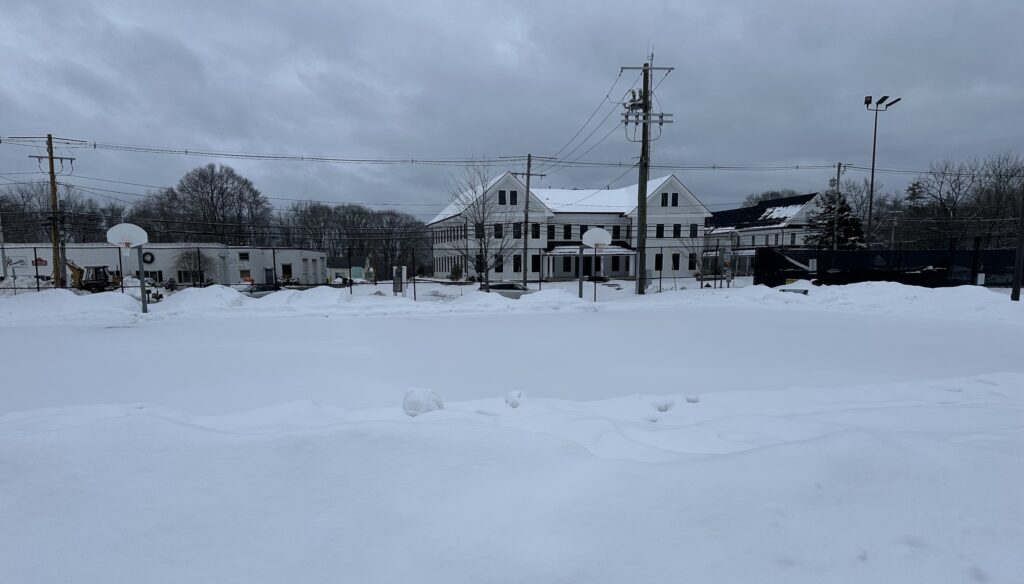













0 Comments